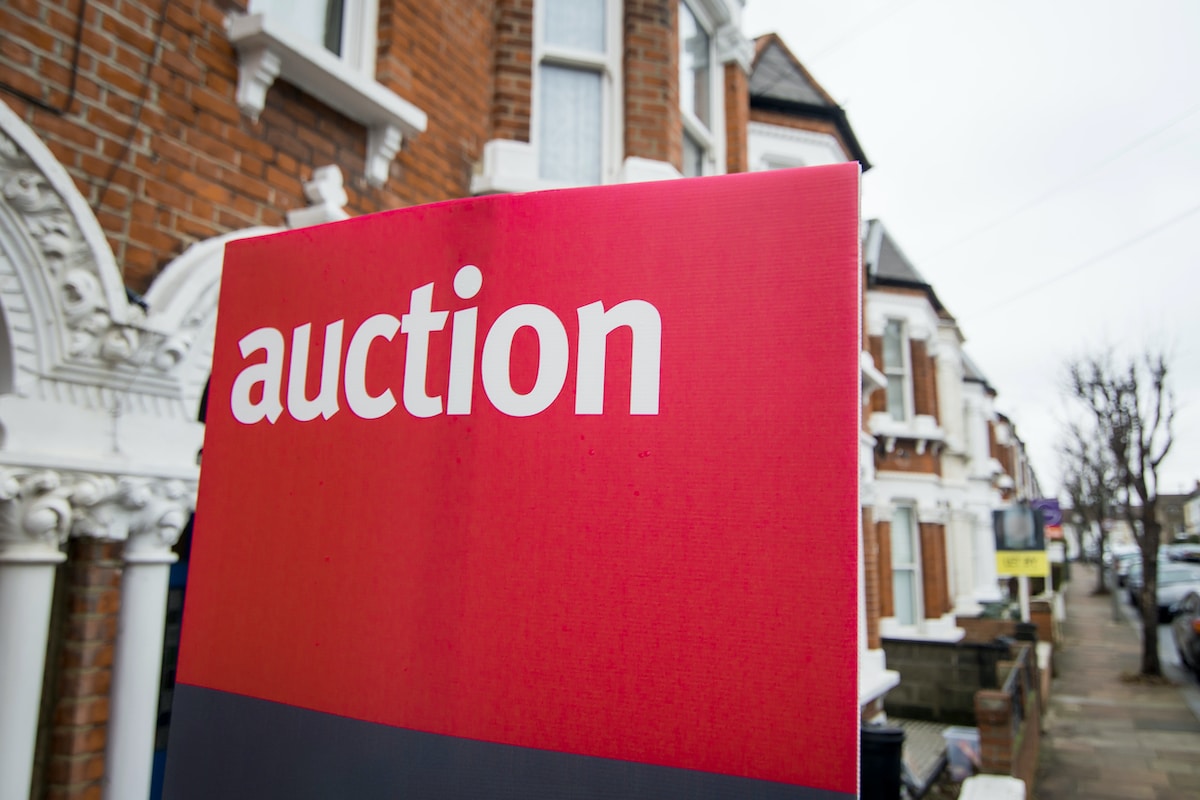Auction and the Buying Process

Auctions are fast becoming a popular way of selling and buying residential property due to their ease and speed. When the hammer falls it is equal to an exchange of contract, so the purchaser cannot be gazumped and there can be no last minute price battles.
The auction process
It is a whole different ball game selling via an action as apposed to sale by private treaty. The instant the property is ‘knocked down’ to a bidder, contracts are exchanged.
So it is vital that all the ‘homework’ is done before the auction, such as all preliminary legal enquiries, surveys and the arrangement of funding.
Sales particulars are distributed a few weeks prior to the auction date. The brochure contains full details of the property, these include :
• Photographs,
• Facts about tenure,
• Possession,
• Fixtures and fittings
• Ratable value, etc the conditions of sale a Memorandum of Agreement
• Details of viewing arrangements.
Before the auction
1. Study the property particulars in great detail; there may be unacceptable conditions or disclaimers. Look for references to planning restrictions or refusals, and ensure these would not prejudice any alterations or improvements you would want to make.
2. Go and see the property.
3. Research the neighborhood, Talk to neighbors and estate agents if you can.
4. Send the property details to your solicitor or licensed conveyancer, and arrange for him to carry out the necessary enquiries and searches.
5. Arrange a survey and a valuation.
6. Set your budget, and arrange the necessary finance. You’ll need to be able to produce a deposit of 10 per cent (or the amount stipulated in the conditions of sale) on auction day, and the remaining 90 per cent within 28 days thereafter. A lender will insist on inspecting and valuing the property in the usual way before agreeing a mortgage, so allow time for this.
If you would want to make improvements to the property, obtain estimates at this stage, so that you can include the costs in your calculations.
7. Attend an auction if you haven’t done so before, to familiarise yourself with the procedures.
You are now ready to bid!
During the auction
Have with you two forms of identification, your cheque book and your bank details.
Don’t exceed your price limit.
Bid clearly, by nodding (or shaking) your head, or raising your hand
As bidding continues, the auctioneer will indicate what further increments he will accept. He may refuse a bid, and is not obliged to explain why. In any dispute, his decision is final.
In the majority of cases, the property will be sold subject to a reserve price. This figure is not usually disclosed, but the guide price should give an indication. If the bidding does not reach the reserve, the auctioneer will withdraw the property.
After the auction
If you are outbid, you lose not only the property but also the money you have spent on the survey, legal fees, and so on, just as you do when exchange of contracts fails to take place in a transaction by private treaty.
If the property for which you were bidding is withdrawn, it is worth informing the agent of the figure at which you are prepared to buy; the vendor may be willing to consider your offer.
If your bid is successful, you must pay the deposit to the auctioneer there and then. As confirmation of the sale and acknowledgement of receipt of the deposit, the vendor’s agent will countersign the Memorandum of Agreement.
The remainder of the transaction follows the same pattern as a sale by private treaty. Completion generally takes place 28 days after the auction, with the balance of the purchase price being paid at that point. Penalties for failure to complete are severe.
Always seek professional advice before deciding to bid at auction, and remember that, once the hammer falls, you are legally obliged to go through with the purchase, at the price you have agreed.
May 13, 2010

